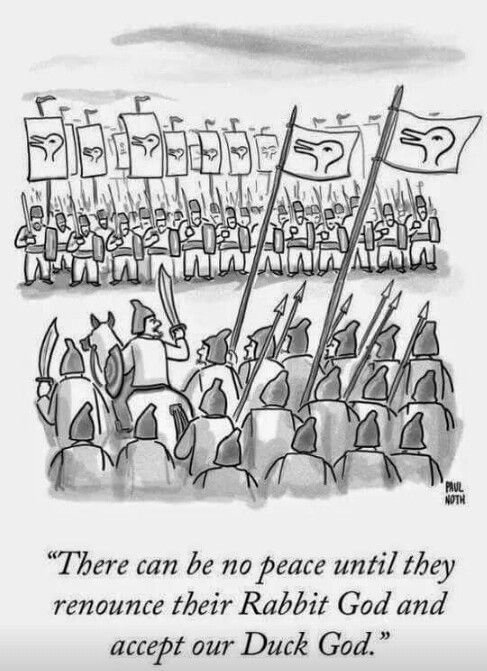The Denial of Death
“What does it mean to be a self-conscious animal? The idea is ludicrous, if it is not monstrous. It means to know that one is food for worms.”
— Ernest Becker
Ernest Becker's Pulitzer Prize-winning book, "The Denial of Death," is a philosophical exploration of the human condition.
In it, Becker (1924-1974), who was a cultural anthropologist in the United States, argues that the primary motivation behind our actions in life is not just survival but rather a deep-seated desire to forget and escape death.
Unlike other animals, humans are uniquely aware of their own mortality, which creates an existential burden that we must cope with. To alleviate this burden, we construct cultural worldviews, which are shared beliefs about reality that give our lives meaning and value.
The theory of Terror Management, based on Becker's ideas, proposes that people cope with the realisation of death by building their self-esteem and identifying with their group culture. Self-esteem provides a sense of personal significance, while group culture gives a sense of continuity and purpose to life.
The danger of this approach is that we may become culturally constructed "meat puppets" who derive their sense of self-worth solely from adhering to the standards of their roles.
Becker's theory also sheds light on why humans tend to fear and hate those who hold different beliefs or belong to different groups. When reminded of their mortality, people tend to identify more strongly with their own groups and view others as repositories of evil. This phenomenon can lead to hostility and even violence toward those who are different.
"The Denial of Death" is a thought-provoking exploration of the human condition that sheds light on our fundamental motivations in life. The book provides insight into how we cope with the realisation of our own mortality and why we tend to fear and hate those who are different.
While some of the ideas Becker presents may be controversial or difficult to accept, they nevertheless make a valuable contribution to our understanding of what it means to be human.
For a deeper discussion on these ideas, listen to Episode 19 of the podcast, which, despite the weight of the topic, is actually surprisingly uplifting and life-affirming chat!
Spotify
Apple




